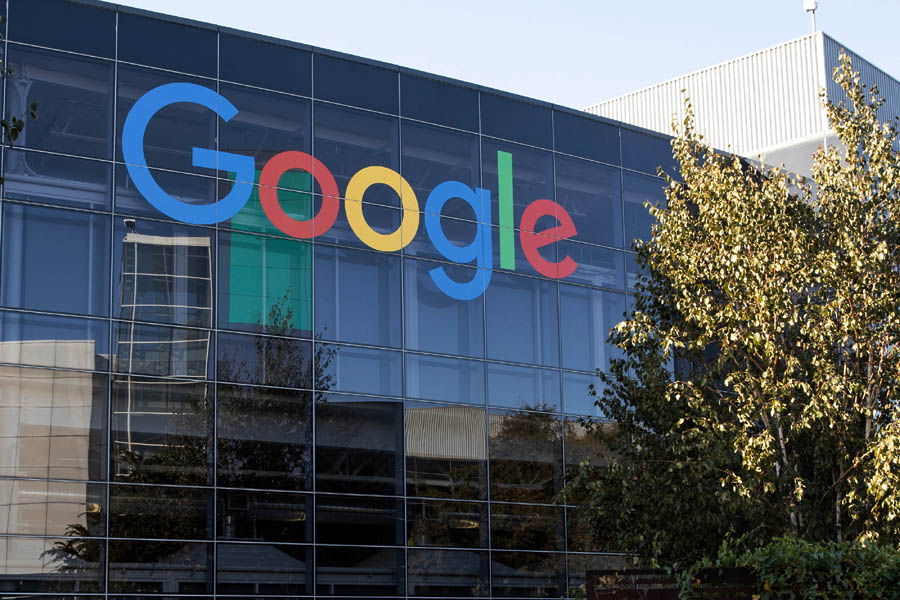
Alphabet, the parent company of Google, has long been aware of the eventual slowdown of its primary revenue engine - search advertising. To stay ahead, Alphabet ventured into diverse ventures, including moonshots, with the hopes of supplementing or replacing its core business. However, these efforts have yielded mixed results, with some ventures haemorrhaging money and struggling to make a significant impact on the company's overall revenue. As generative AI becomes more sophisticated, Alphabet must navigate the "innovator's dilemma" and find a way to monetize AI without disrupting its existing markets. Embracing AI in user interactions might require Google to choose between reducing ads and charging clients more, but it risks alienating advertisers and users. This article delves into Alphabet's efforts to supplement its core business and explore new revenue streams, considering the potential risks and rewards of its various bets.
The Challenge of Monetizing Generative AI:
As generative AI technology evolves, Google faces the challenge of integrating it into user experiences without inundating them with advertisements and links. Experts estimate that in two or three years, once the technological hurdles are overcome, Google will have to make choices that may affect its advertising revenue. Charging clients more for fewer ads is one option, but it may risk losing advertisers. Striking a balance between user experience and ad revenue will be crucial.
Diversification Efforts and Mixed Results:
Alphabet's founders, Larry Page and Sergey Brin, established the holding company to house Google and various ventures, including moonshots. These moonshots, like life-extending medicine and self-driving cars, have faced commercial challenges. The subsidiary "Other Bets" has accumulated significant operating losses, consuming a considerable portion of Alphabet's capital spending and research budget. Moreover, entering new markets requires significant investment with uncertain returns, unlike the capital-light quasi-monopoly of Google's search advertising.
The Bet on AI-boosted Business Software:
To keep up with rivals like Amazon Web Services and Microsoft Azure, Google Cloud aims to become a major player in cloud-based, AI-boosted business software. Capital spending on new data centers has been a significant focus. Although sales have grown rapidly, the enterprise business is cyclical and intensely competitive. While Google has an advantage in AI from its consumer business, it lacks the business-to-business experience that competitors possess.
Investor Calls for Focus on Margins:
Some investors urge Alphabet to concentrate on boosting returns by improving overall margins. Concerns arise as Alphabet's share prices do not reflect the earnings multiples of tech giants like Apple and Microsoft. With an ever-growing workforce, some investors question Alphabet's capital allocation and argue for greater discipline in managing expenses.
The Incrementalist Approach:
Alphabet's CEO, Sundar Pichai, leans towards an incrementalist approach, aiming to introduce AI features to existing products gradually and control expenses more efficiently. The company has made some tough decisions, such as discontinuing some ventures under "Other Bets" and streamlining AI labs. Pichai seeks to maintain Alphabet's profitability and bottom line growth, even as overall sales slow down.
The Test of Commercial Ingenuity:
As AI technology advances, Alphabet will face the challenge of harnessing its potential through commercial ingenuity. With strong engineering capabilities, Alphabet has relied on its successful search-ad business model for years. To keep thriving, the company must remain agile and strategically innovative in adapting AI advancements to its diverse ventures.
Alphabet stands at a pivotal moment in its evolution, facing the inevitability of search advertising slowdown and the promise of AI advancements. Striking the right balance between user experience and advertising revenue will be critical in navigating the AI landscape. By streamlining ventures, controlling expenses, and embracing commercial ingenuity, Alphabet can chart a course for continued growth and profitability while shaping the future of AI-driven technologies.